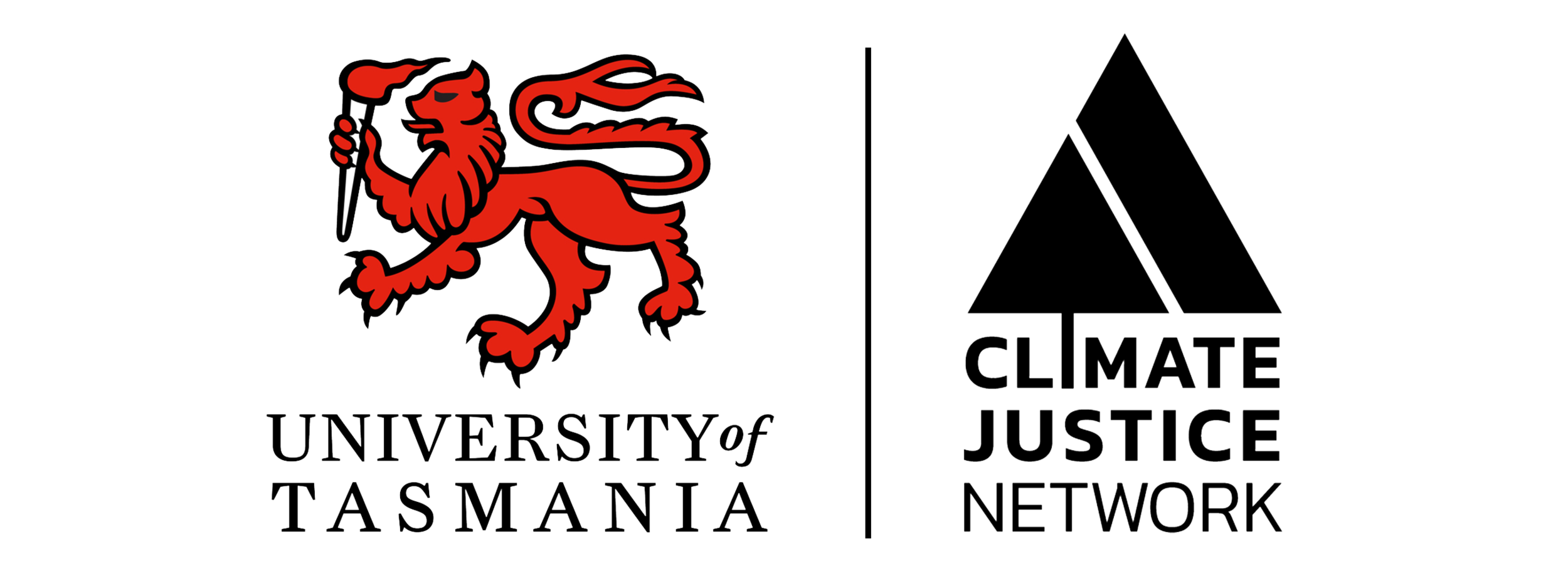Representing future generations through international climate litigation: from normative framework to practical strategies
Climate change litigation - both national and international - is increasingly being used to highlight the interests of young people and future generations. Theories of intergenerational justice and theories of representation developed by political philosophers provide a treasure trove of concepts which can be used to develop innovative legal arguments in this area.
Given climate change is already impacting current generations, what does a perspective emphasising impacts on future generations add? Highlighting the longer term impacts of climate change on future generations can help emphasise the gravity of these impacts given human beings dependence on global ecological systems.
But international law - and most systems of national law - limit claims for damage to those who have already suffered harm, placing considerable obstacles to those making climate change related claims on behalf of future generations.
The concept of proxy representation offers a way forward here. Proxy representation involves representation of persons unable to articulate their own interests. Legal systems are replete with examples of proxy representation which include at the national level, guardianship arrangements for the disabled, and at the international level the possibility for example of bringing human rights claims under the European Convention on Human Rights article 33 where the person whose rights are being infringed is not a national of the claimant state. Expansion of such claims to allow NGOs to make claims on behalf of future generations is therefore only an incremental, rather than radical step.
International tribunals are constrained by their mandates, and must be careful not to risk their legitimacy; ultimately they rely on the consent of states. Nevertheless, international tribunal such as the International Court of Justice (ICJ) don’t just apply international law in a mechanical way. Where the law is unclear, this court - and others - must make decisions - either implicitly or explicitly based on values.
Where this occurs, such tribunals ought to apply justice. Justice is open to different interpretations, but Steve Ratner and others have convincingly argued that as a minimum this should involve the promotion of core human rights. An attraction of this approach is that there is undeniably at least formal agreement at the international level in support of human rights.
A logical corollary of this that such core human rights should be enjoyed by all persons regardless of when and where they live. Thus tribunals ought to promote intergenerational justice as part and parcel of their promotion of justice between individuals and states in the contemporary world.
The normative framework sketched here can be injected into practical legal arguments. Possibilities include the ICJ clarifying that the no harm principle applies also to harm to future generations. Daniel Bodansky has made such a suggestion, and indeed over the recent time, a campaign has emerged to press for a UN General Assembly Resolution which would request an advisory opinion from the ICJ on the question of whether the failure to address climate change by states violates their obligations to future generations.
Further creative possibilities involve injecting the normative framework sketched above into a claim within the Inter-American human rights system. The Inter-American Court of Human Rights has proclaimed the right to a healthy environment and stated that this right extends to future generations. The normative framework sketched here could bolster arguments brought under this system pressing for states to take stronger action on climate change.
This blog piece arises out of a collaborative project with Matthias Hartwig and Lukas Kohler made possible with generous funding from the Australia-Germany research fund.
See Peter’s video presentation:
